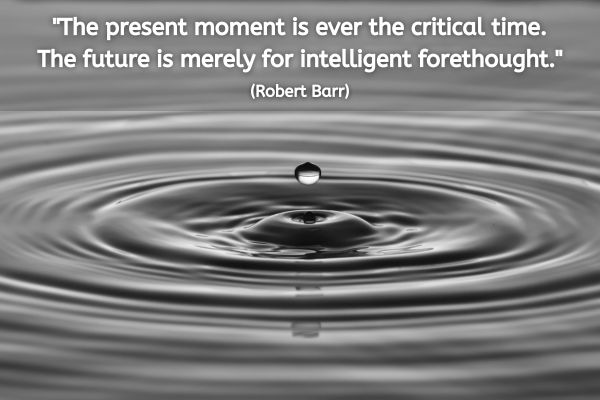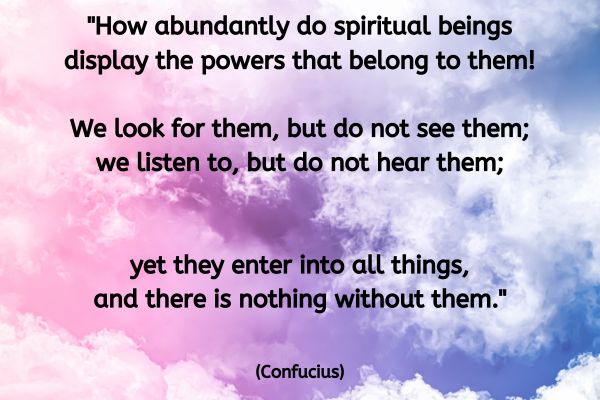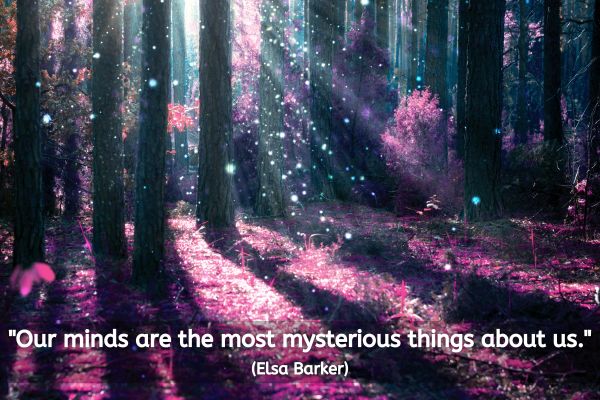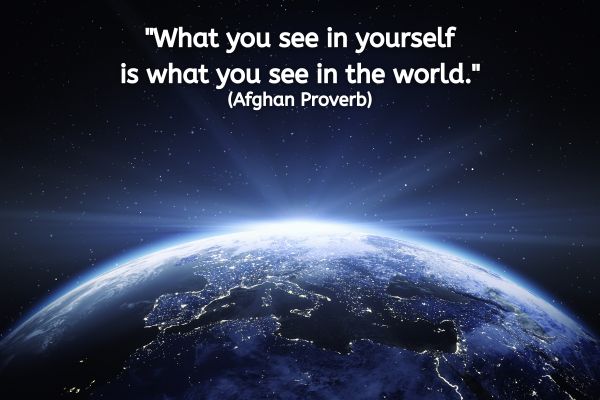Don’t Fail to Try: The Cost of Missed Opportunities
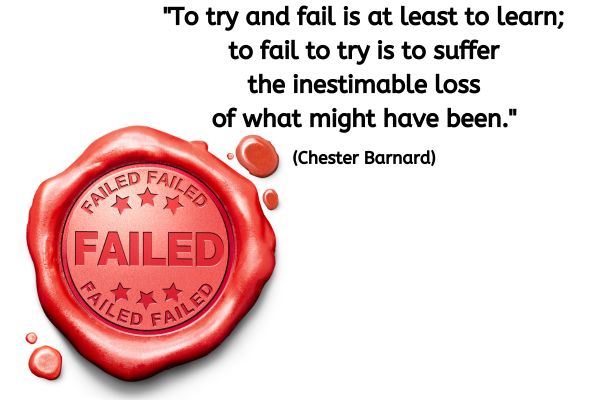
The quote of the day is:
“To try and fail is at least to learn; to fail to try is to suffer the inestimable loss of what might have been.” (Chester Barnard)
Chester Barnard was an American business executive and author from the first half of the 20th century. As a coach you have probably, either experienced for yourself or seen in your clients an inertia because of a fear of something not working out so no action is taken unless success is guaranteed.
Many people have at least one topic which seems very serious to them, which means they feel they need to be extra cautious – business and money are two common ones. Every decision is meticulously planned, risks are calculated to the smallest detail, and actions are only taken when every step has been considered—sometimes in triplicate. This approach seems rooted in common sense, emphasising logic and practicalities in the real world.
However, sometimes this meticulous planning becomes a barrier rather than a bridge. People find themselves stuck, unwilling to take any physical action unless they are 100% certain that everything will go smoothly without any unforeseen circumstances arising. But here’s the thing: life happens. Unforeseen circumstances are a part of any journey, and encountering them doesn’t mean the whole project is a failure—unless you decide to stop and give up entirely.
Yet there are others who in these areas do not approach those same topics in that manner. They may put something in place to mitigate anything that potentially won’t go to plan, but that doesn’t stop them taking any action. They may take it one step at a time and evaluate as they progress – allowing for learning to happen and things to be seen that wouldn’t have been evident if no action had been taken.
In my experience, life “lifes”! It’s a whimsical way of saying that life is unpredictable and ever-changing. No matter how much we plan, there’s always an element of the unknown. And that’s okay. It’s in these unexpected moments that we often find opportunities for growth and learning.
The fear of failure can be paralysing. It can prevent us from seizing opportunities that could lead to significant advancements, both personally and professionally. Chester Barnard’s quote reminds us that even in failure, there is value. To try and fail is to learn; it’s a step forward, not a step back. On the other hand, failing to try is an immeasurable loss—the loss of potential experiences, growth, and achievements that might have been.
So, how can we move past this fear and embrace the possibility of failure as a learning opportunity? Here are some things to consider:
Embracing the Journey Over the Destination
Firstly, it’s essential to shift our focus from the outcome to the process. When we concentrate solely on the end result, we miss out on the valuable experiences that come with the journey. Each step, each misstep, teaches us something new.
Redefining Failure
Consider redefining what failure means to you. Instead of seeing it as a negative endpoint, view it as a feedback mechanism. Failure isn’t a brick wall; it’s a stepping stone. Thomas Edison famously said about his attempts to create the lightbulb, “I have not failed. I’ve just found 10,000 ways that won’t work.”
I remember tweeting that quote, when this blog used to be on what was Twitter, and someone responding with if they’d been Edison’s boss they’d have sacked him long before. I did point out that (a) he discovered several things in the process, such as the electric battery, (b) I don’t know of many inventions that don’t go through many stages of testing and refining, that just seems to be a standard process, and (c) how short-sighted to then miss out on Edison’s electric light bulb just because you thought the process should have taken less time.
Taking Calculated Risks
While it’s important to plan and prepare, recognise that not every variable can be controlled. Taking calculated risks means making informed decisions but also being open to possibilities beyond our control. It’s about finding a balance between caution and courage.
Learning to Adapt
Adaptability is a crucial skill in today’s fast-paced world. When unforeseen circumstances arise, being flexible allows us to adjust our plans without abandoning our goals. It’s about bending without breaking. I’m certain that there are many instances in your own lifetime when you have had to adapt to unforeseen circumstances beyond your control – whether they were ones happening on a global level or had a much smaller reach, but just as significant, on a personal level.
Cultivating Resilience
What do you think about Resilience? Taking resilience to mean the ability to recover quickly from difficulties. If you know that within you, you are much stronger than you imagine, then does the idea of resilience seem easier as well? It’s not about avoiding challenges but facing them head-on and learning from them, maybe even bouncing back stronger. Each challenge overcome adds to our learning, and can be said to be preparing us for future obstacles to seem easier to navigate.
Seeking Support and Collaboration
Don’t underestimate the power of a support system. Sharing our goals and fears with others can provide new perspectives and encouragement. I know in theory as a coach our work would suggest this is a core belief for us. However, when was the last time you made time to make use of that for yourself? Collaboration can lead to solutions we might not have discovered on our own.
Celebrating Small Wins
Acknowledge and celebrate the small victories along the way. These moments of success boost confidence and motivate us to keep moving forward.
In conclusion, the real loss lies not in trying and failing, but in not trying at all. Each attempt, whether successful or not, brings us closer to our goals and helps us grow. So take that first step, embrace the uncertainties, and remember that every experience contributes to your journey.
Reflective Questions:
- Have you ever held back from pursuing something due to fear of failure?
- What steps can you take to move past that fear and take action?
- How can embracing failure as a learning opportunity change your perspective?
I’d love to hear your thoughts and experiences related to this topic. Feel free to share them in the comments below.
About Jen Waller

Jen Waller is a transformative coach dedicated to empowering individuals to get out of their own way and make a meaningful impact in the world. With an impactful, nurturing coaching style, Jen supports clients in unlocking their potential and achieving their goals. As an experienced coach and trainer, she guides clients from self-doubt to success.
Discover how Jen can support you to get out of your own way here.

